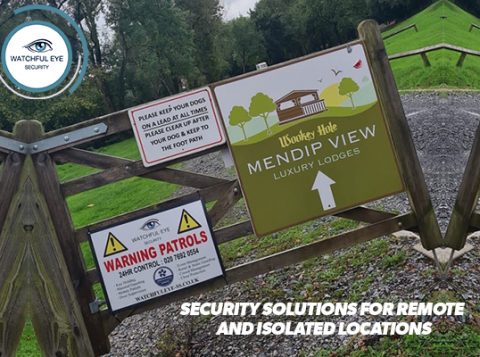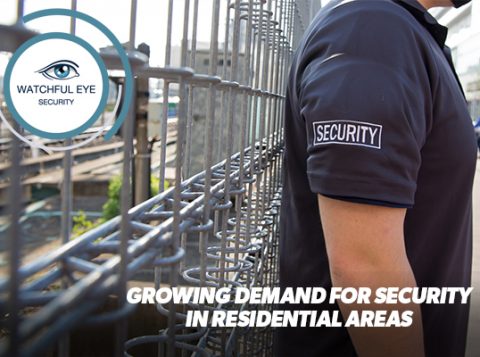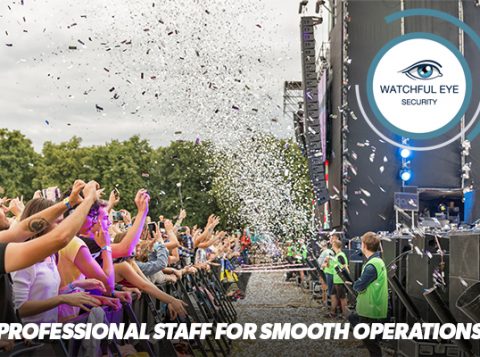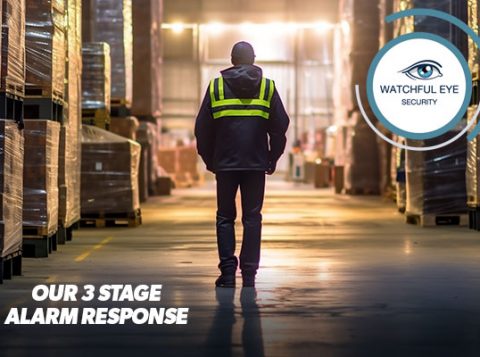
Preventing Fuel Thefts
As fuel prices remain high following a turbulent year, there is a growing need to protect against theft – particularly in the construction industry where large deposits are often held on-site. Julian Free, National Accounts Manager at PID Systems, division of SmartWater Group, provides his five top tips for site security managers to mitigate the threat and deter opportunistic thieves.
Fuel theft is on the rise. Spiking fuel costs have incentivised criminals to target construction sites and forecourts to pillage diesel and petrol, evading current security measures that are no longer sufficient to tackle this growing and significant threat.
With construction projects at risk of being derailed from their timelines by diesel theft, security managers need new, practical solutions to prevent, deter and detect fuel-hungry thieves.
Increasing prices & legislation change
Fuel prices have rocketed in 2022. Exacerbated by Russia’s invasion of Ukraine and resulting sanctions, the cost of white diesel soared in July to a high of 199.07 pence per litre, while record-high petrol prices have seen forecourts face up to 3,000 thefts a month.
Not only has the high value of fuel led to an increase in thefts, but recent legislation change restricting the use of red diesel in construction has also contributed to these high crime levels. As of April this year, the number of industries and types of machines and vehicles permitted to use red diesel in the UK have been drastically reduced, resulting in constructors having to rely on white diesel to power their projects.
In contrast to red diesel, white diesel is not illegal to use in vehicles on public roads, thus incentivising both internal and external pillaging and making it more challenging to trace perpetrators who can no longer be identified with red diesel in their fuel tanks.
In light of these developments, how can you best secure your fuel and safeguard your business or construction project from the consequences of fuel theft?
1) Understand the threat
Criminal methods for carrying out fuel thefts, like for any type of crime, will evolve to overcome the current protection solutions installed on construction sites and petrol forecourts. It is therefore crucial to understand the latest trends in fuel pillaging to determine the most effective solution to deter this crime.
In addition to keeping abreast of police and media reports, information sharing and transparency within the construction industry, especially with other companies/projects in your local area, is also vital to be able to anticipate when and how you may be targeted.
2) Know your environment
Although thieves are targeting fuel stored in bowsers, vehicle and machinery tanks, and at fuel pumps, the type of risk you face changes depending on the environment your site is in.
Forecourts are well-lit, often located in more densely populated and busier areas, and have CCTV installed as standard. Some fuel stations also have a fuel spend limit at their pumps, altogether lending themselves to smaller, faster incidents of theft. In contrast, construction sites can be in remote rural areas, where criminals can covertly scour for targets during the day and then return to commit much larger night-time raids of sites and bowsers.
The most effective fuel protection solution is therefore a combined one that can be adapted to suit your specific site and environment.
3) Install physical barriers
Physical gates and barriers can act as a solid line of defence in the first instance. These act as an initial deterrent to criminals looking for an easy win, as well as helping to curb the severity of the attempted theft. For instance, installing physical barriers at key entrances to construction sites deters potential thieves from pillaging larger quantities of fuel by restricting the size of container or vehicle they can get onto site.
Furthermore, effective access control systems enable security managers to have greater control over who enters the premises, in addition to specific areas of the site, and at what time they are granted access. In doing so, the flow of authorised personnel can continue while unwanted visitors are restricted, thus not impacting the progress of a project and its timeline for completion.
4) Deploy Mobile Security Patrols
Watchful Eye Security Uniformed patrol officers in marked security vehicles can stop an incident attempt in its tracks or through their randomised appearance provide a physical and visible deterrent.
Our patrols are randomly timed and high profile to provide a powerful visual deterrent to potential intruders and trespassers. For a free assessment and quotation please contact us.
Credit ifsec global.com/

























































































































































